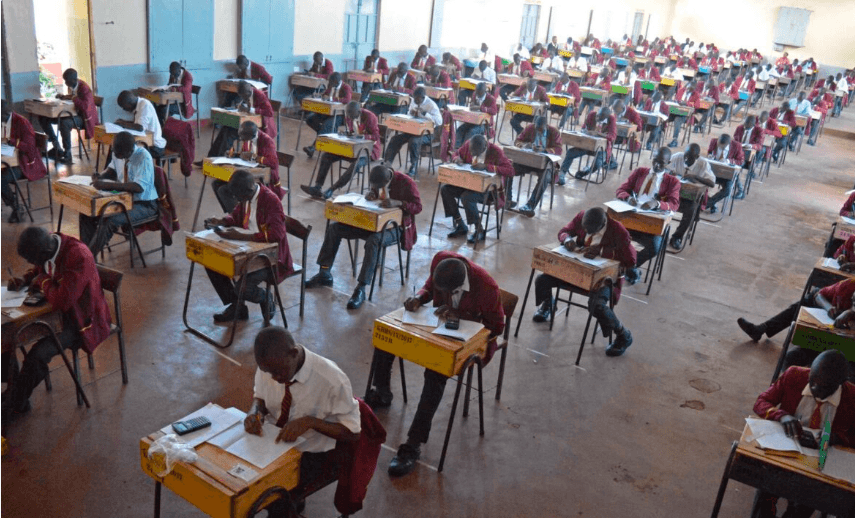Elgeyo Marakwet county wants fluorspar mining to resume.
Governor Wesley Rotich wants the Kenya Fluorspar Company to be revived or new investors to come in. The company ended operations in 2016 and decided not to renew its license.
It cited a prolonged global slump in commodity prices.
Fluorspar is used to make steel, aluminium, refrigeration gases and glass fibre.
Rotich has formed a taskforce to report within 30 days how to revive fluorspar mining, or revive the company.
The government-owned company, later Canadian-owned, directly and indirectly benefited thousands of people, most of them now jobless.
The report will be discussed with county leaders, then presented to the Ministry of Mining. County leaders then will seek a meeting with President William Ruto to make their case on reviving operations.
It operated in Kimwarer on 970 acres in the Kerio Valley.
Speaking while touring the company in Keiyo South, Rotich said the taskforce will carry out public participation especially on compensation, which has been pending since the 1970s.
“The local community who surrendered land to the government to establish the company were not compensated and its collapse rendered them jobless, making them suffer a double loss," he said.
He said resumption of operations will alleviate the acute problem of unemployment in the country as it can directly employ more than 2,000 people and benefit many more indirectly.
Geologists say the area has fluorspar deposits than can provide the factory with raw materials for 30 years, Rotich said.
He said revival of operations will benefit both the economy and the country as a whole, due to foreign exchange from exports.
Once the company resumes operations, he will fight to ensure the community’s interests will be paramount by providing jobs and imposing levies. The county and country will both get their shares, he said.
Rotich called on the county police commander to improve security at the company. He said most equipment was intact, but some had been vandalised for the metal.
The company was started in the 1970s.
Former MD Nico Nico Spangenberg said the company halted operations due to prolonged poor international prices for the minerals as a result of entry of players from Eastern Europe.
At its peak, the Kenya Fluorspar Company used to export 106,000 tonnes annually, before scaling down in 2014 and finally shutting down in 2016.
(Edited by V. Graham)



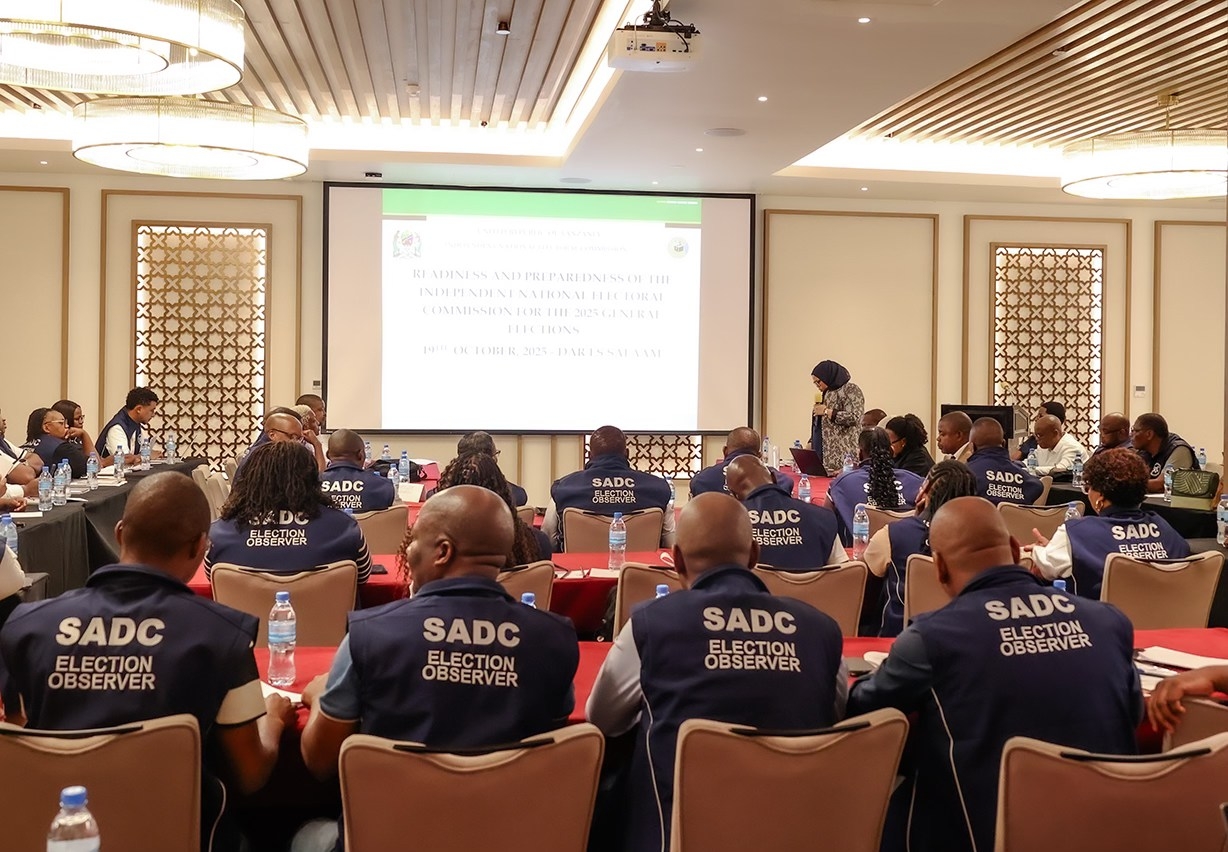
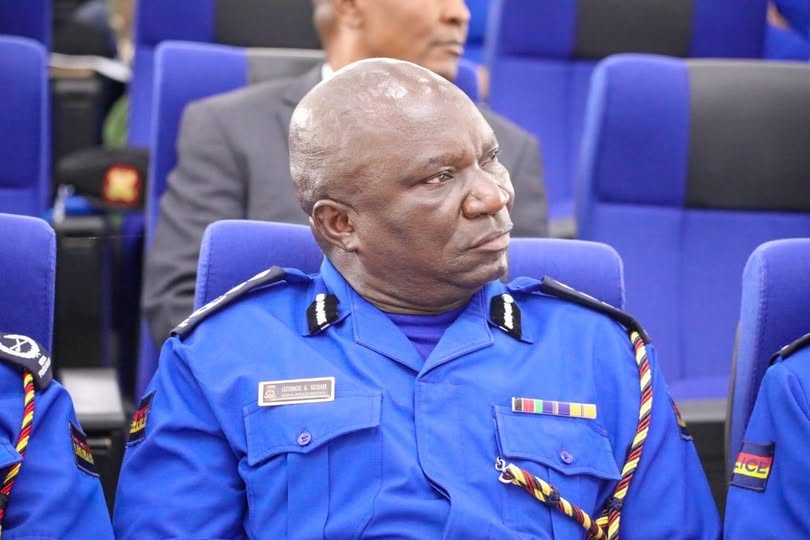

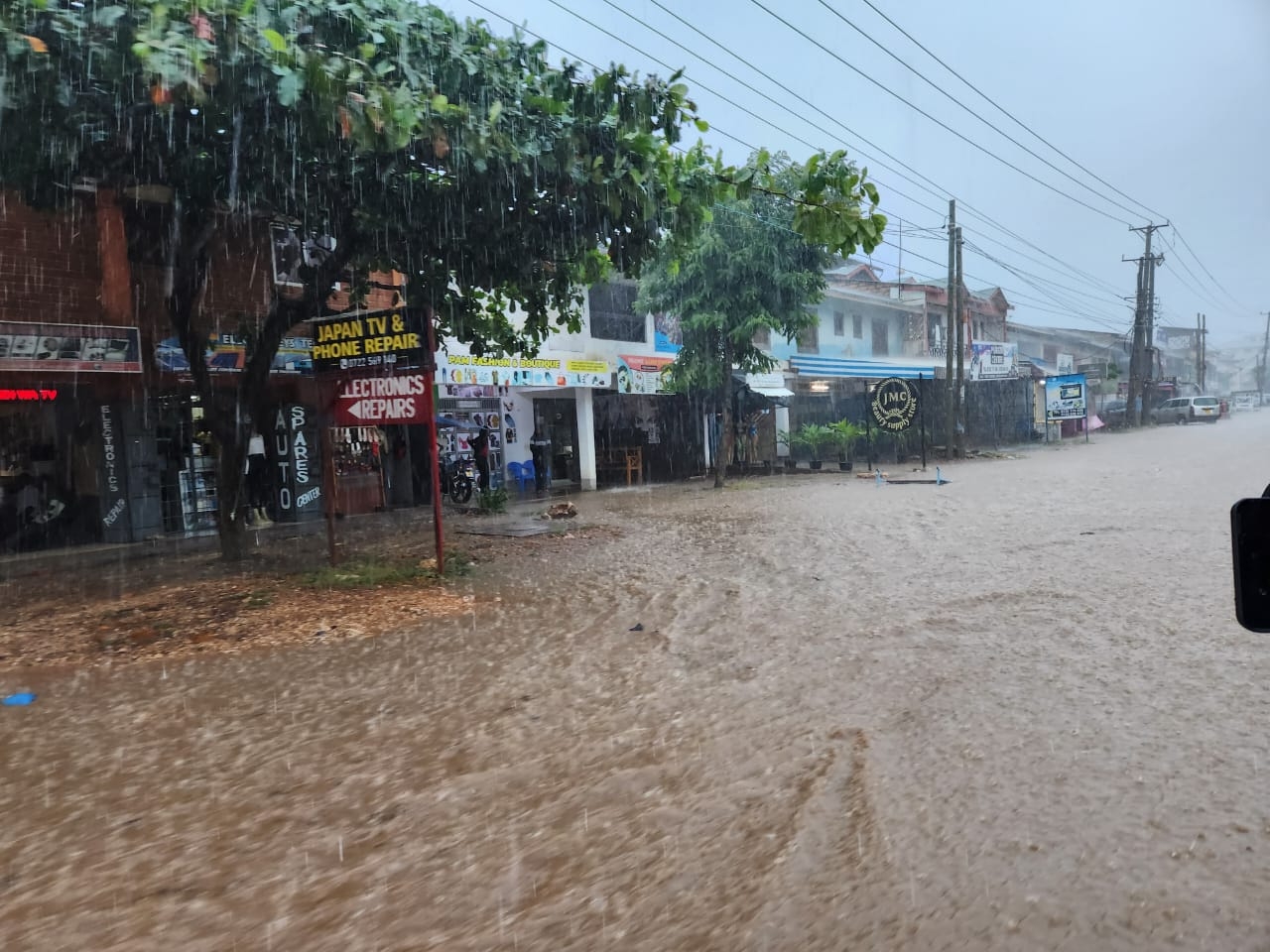
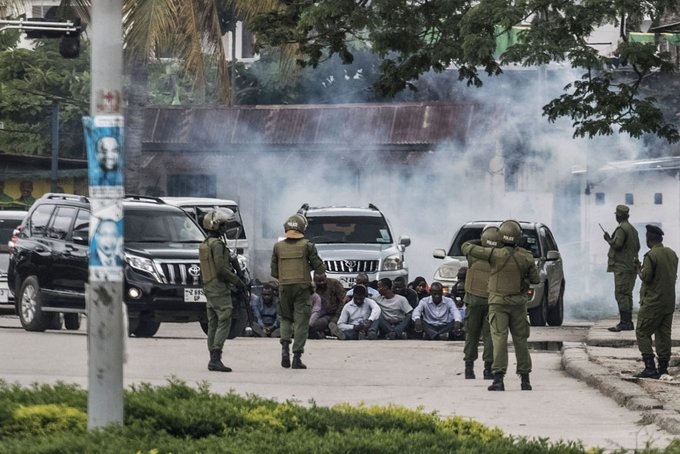
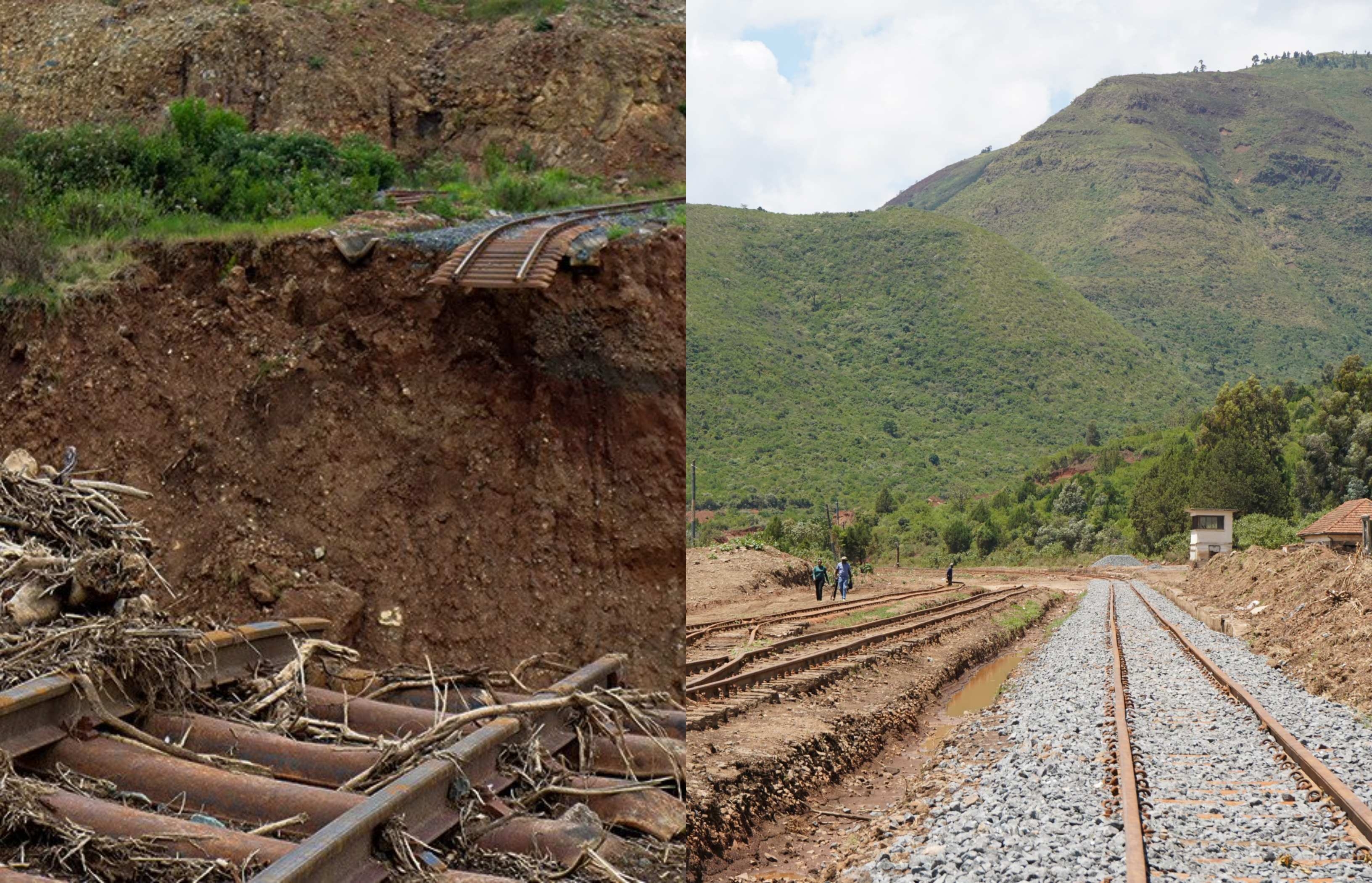

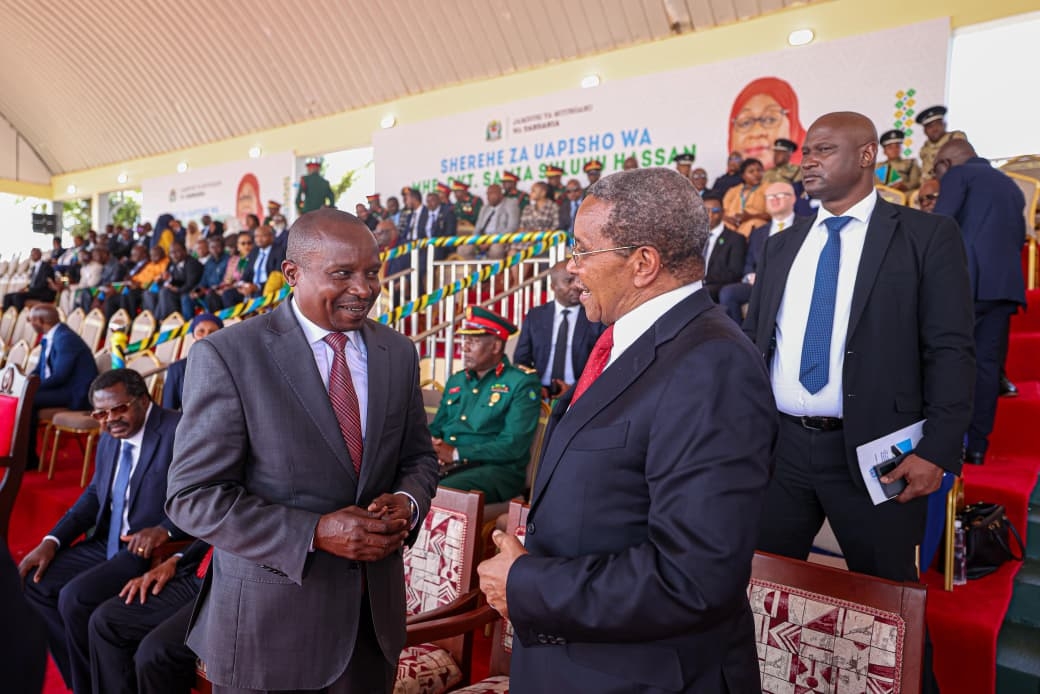
![[PHOTOS] How Suluhu’s swearing in went down](/_next/image?url=https%3A%2F%2Fcdn.radioafrica.digital%2Fimage%2F2025%2F11%2F9cbad8a5-9bff-410e-b157-a335c61d6d8d.jpg&w=3840&q=100)




